The #1 Operating System For E-commerce In Africa
RMS provides an all-in-one platform for retailers to run their businesses more efficiently and profitably.

Role
UX Design
UI Design
Research
Product Management
Product Envisioning
Platform
Web Application
Mobile Application
The Summary
As the lead product designer for Prunedge's Retail Management System (RMS), I spearheaded a project that significantly impacted Nigeria's retail sector.
The RMS addressed critical pain points for micro, small-scale enterprises, and itinerant retailers, offering a comprehensive solution that includes sales tracking, supply chain management, and value-added services like business financing and insurance.
This innovative system is poised to contribute to the retail sector's projected growth, potentially increasing its GDP contribution from 16% to 20% by 2025.
Problem Framing
Nigeria's retail sector, while a significant contributor to the nation's economy, faces numerous challenges, particularly for micro and small-scale enterprises (MSMEs) and itinerant retailers.
Key issues include lack of access to credit, supply chain inefficiencies, and inadequate tools for business management and financial planning.
82% of MSMEs lack access to credit facilities.
83% struggle with supply chain issues.
76% would accept credit if provided.
Role and Team
My role
As the senior product designer, I led a team of developers, a product designer, and product managers. My responsibilities included overseeing the design process, conducting research, and ensuring the final product met user needs and business goals.
Our team operated under the Agile methodology, ensuring continuous communication and iterative development. The team consisted of: Chief Product Officer (CPO), Product Managers, Design Team Members, Engineers, and Field Agent and Support Officers

Approach
Our approach was centered on user-centric design and iterative feedback. Key strategies included:
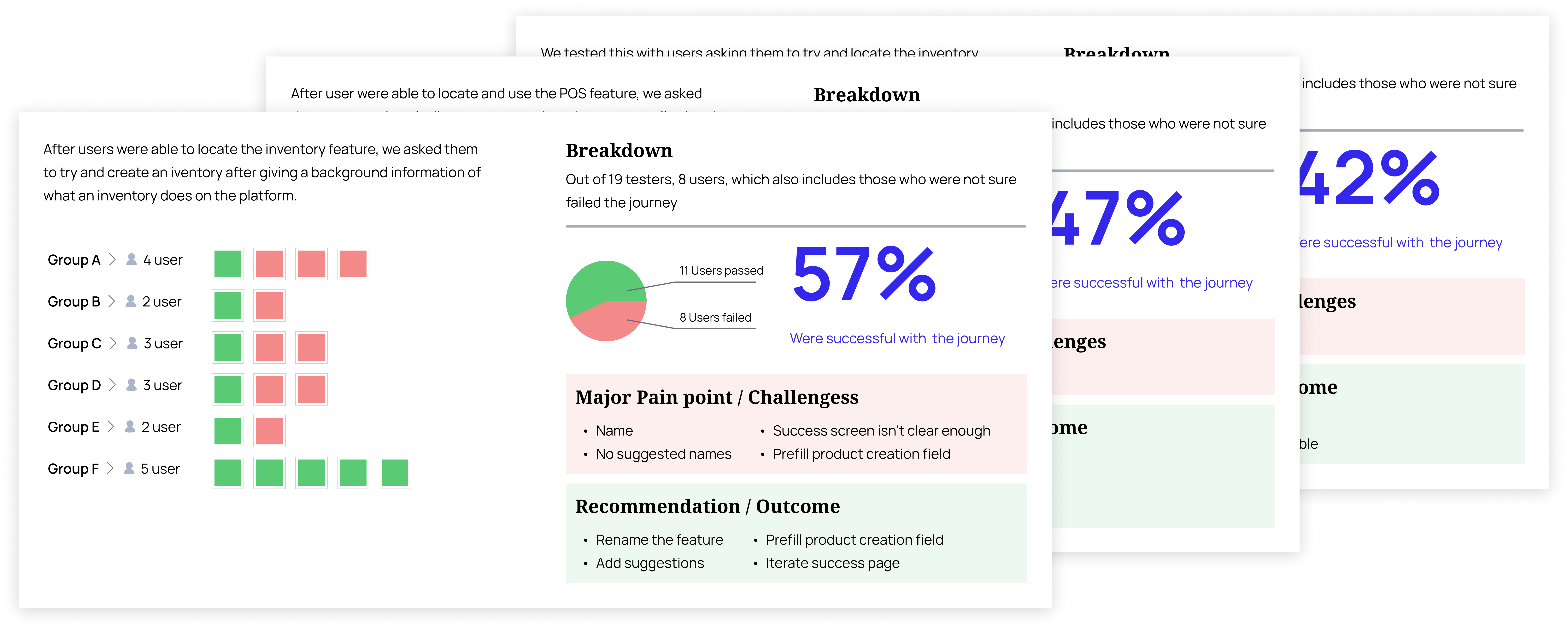
Ethnographic Research: This shows some of the research I did during field survey. I asked some users to perform certain task and recorded their interactions and cadence. I then later asked them some questions like how they would have expected some features to work and also issues about normenclature.
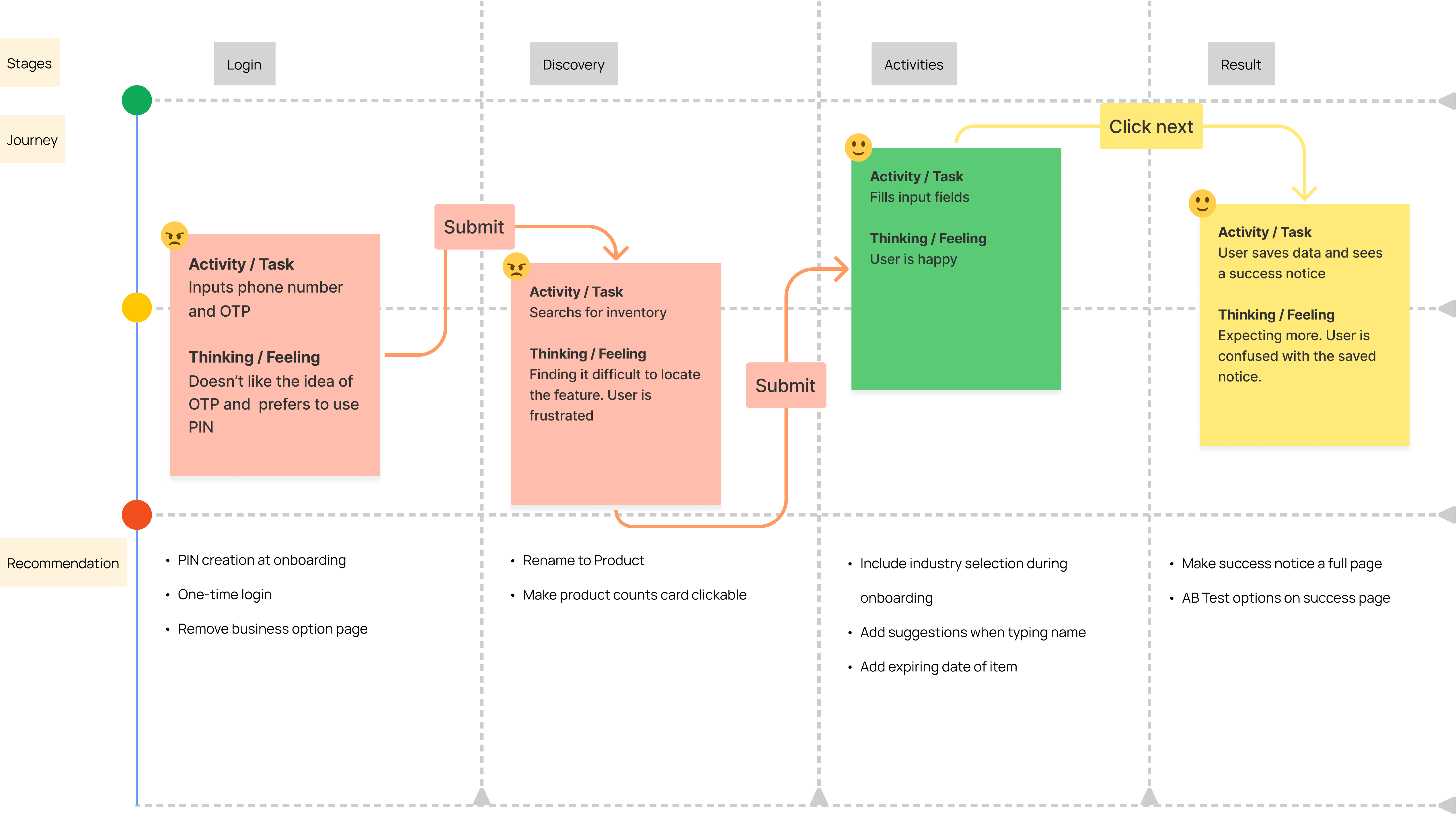
Usability Testing: I also did usability testing in conjunction with the previous research, the type of users and technical savviness determined the type of research and interview I employed
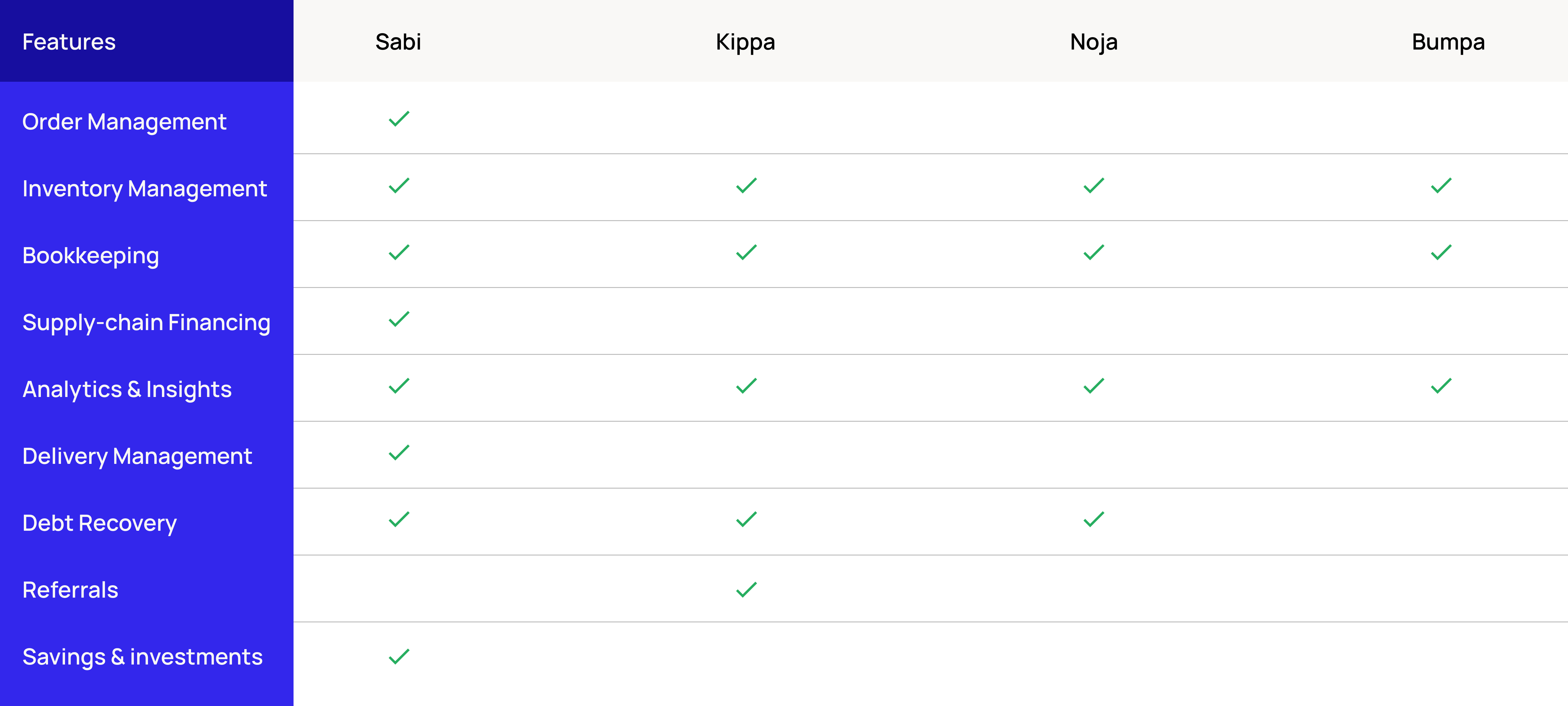
Competitive Benchmarking: During the Competitive Benchmarking phase, I meticulously examined some retail mobile apps and went deeper on four. I aimed to understand their strength and weaknesses in the retail industry.
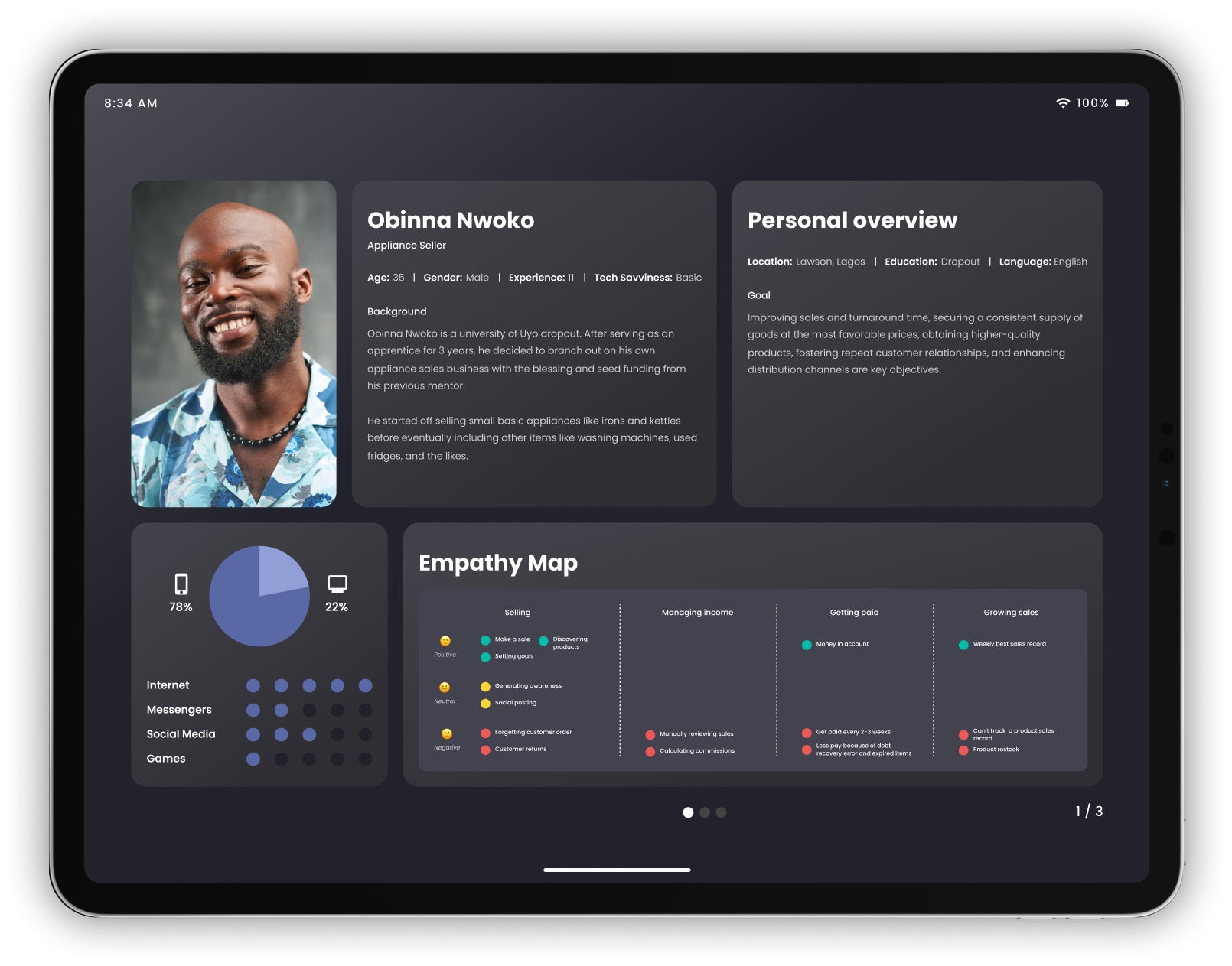
Persona: Having gathered valuable insights from my research, I created user personas. This helped throughout the design and development process, it ensures that the product is tailored to the specific needs and preferences of our target audience, leading to better user satisfaction and engagement.
Annotation on wireframes to guide the engineering team and technical stakeholder. I was able to make some iterations to align with some technical feasibility



Challenges
When integrating digital solutions into retail operations, several significant challenges often arise.

Trust Issues:
Many retailers were skeptical about the security and reliability of digital solutions.

User Adoption:
Ensuring the solution was easy to use and addressed real needs to drive adoption.

Resource Constraints:
Balancing thorough research and design within limited time and budget.
Solution
The Retail Management System (RMS) was developed to address the identified challenges:
Creating the optimal design for Fullgap required numerous visual drafts and prototypes. After extensive testing and multiple iterations, we identified the most effective solutions to address user pain points. These chosen designs represent the best of our efforts to enhance the user experience.
Nevertheless, our commitment to excellence means we will continue testing and optimizing these features to ensure they meet our users' evolving needs. Here are the key screens we implemented:
Colourful illustrations
To capture users' attention based on their ethnography, we used bright and colorful illustrations. Our research showed that most users engage more with visuals than text, which we considered when designing the illustration theme.
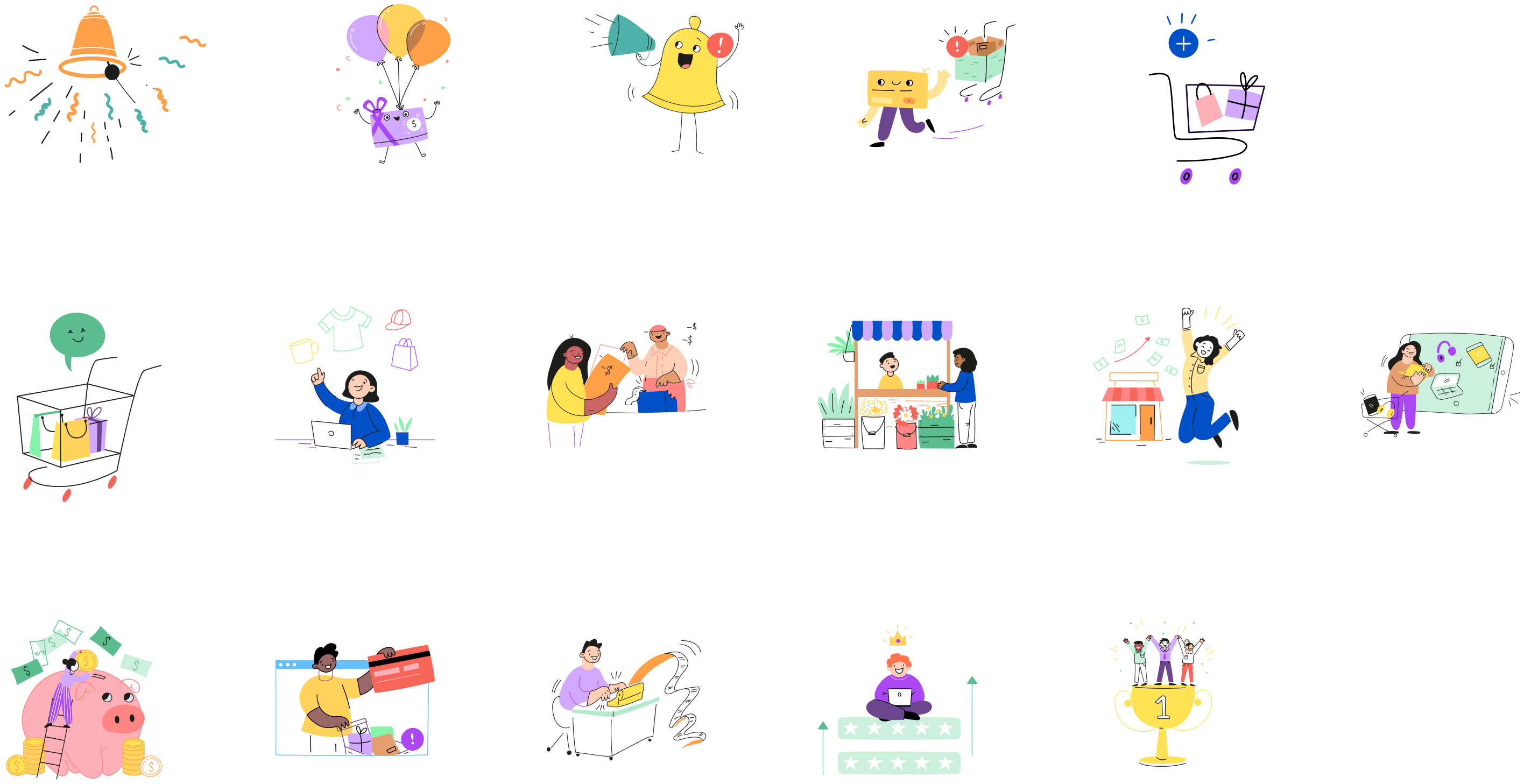
Onboarding solution
To ensure inclusivity, we allowed users to select their preferred language. For registration, we used mobile numbers instead of email addresses, as the majority of our users have mobile phones but few have email accounts.
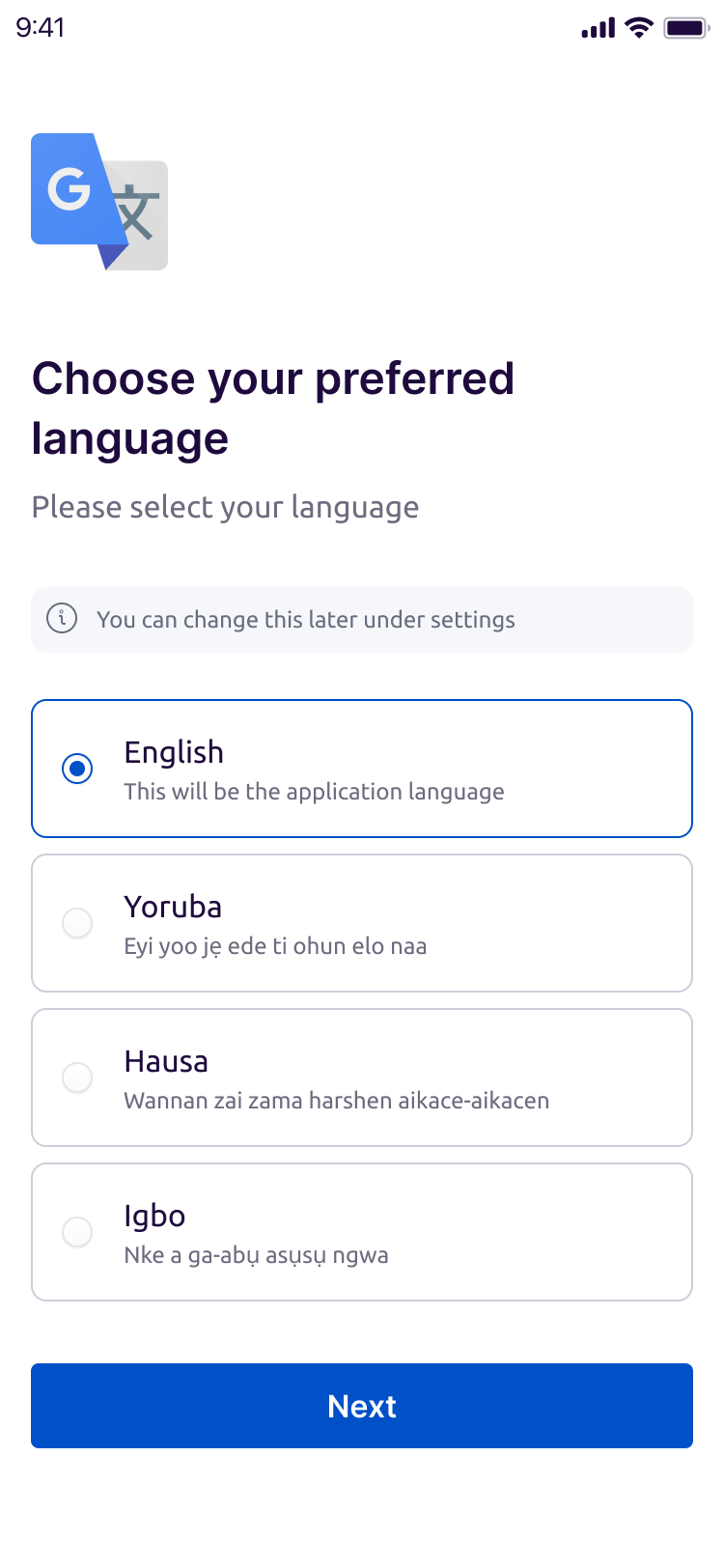
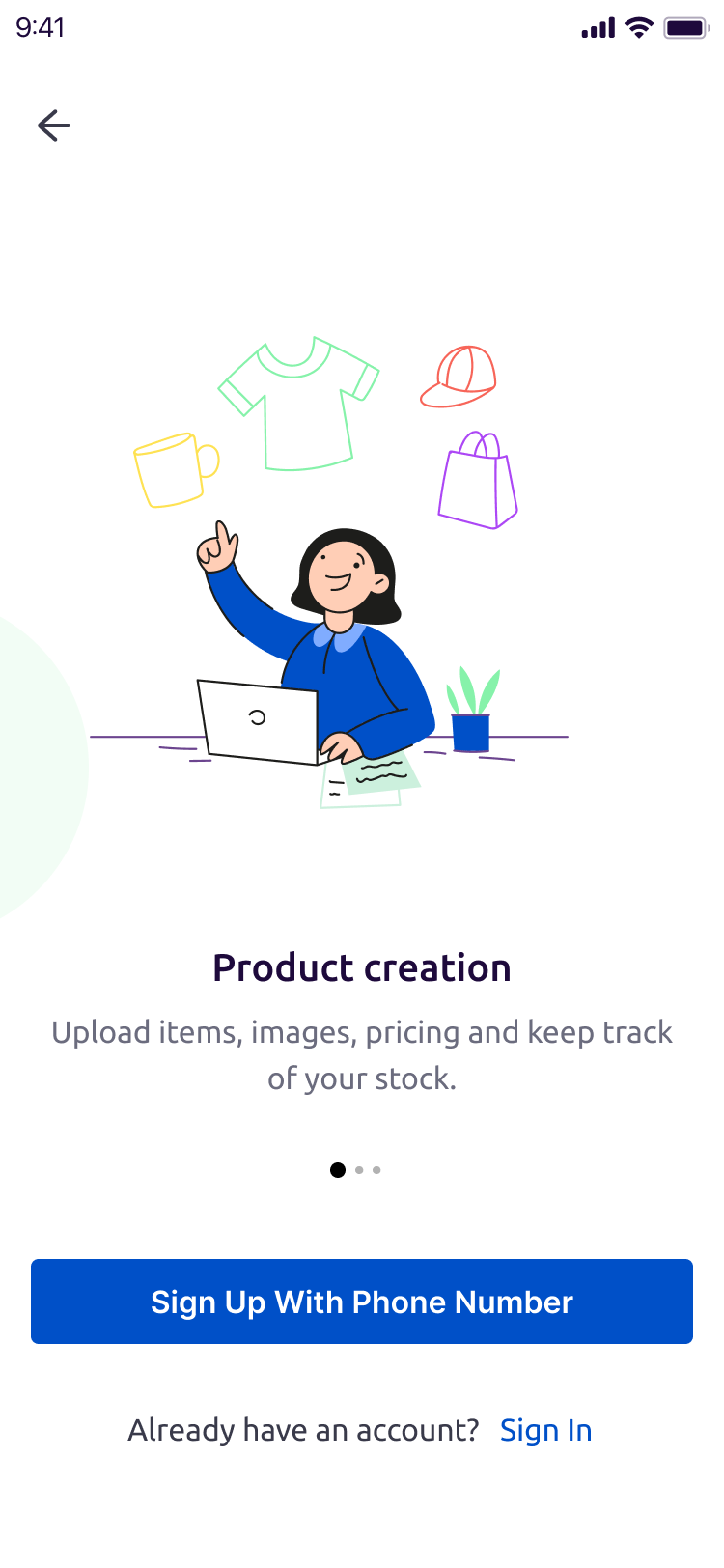


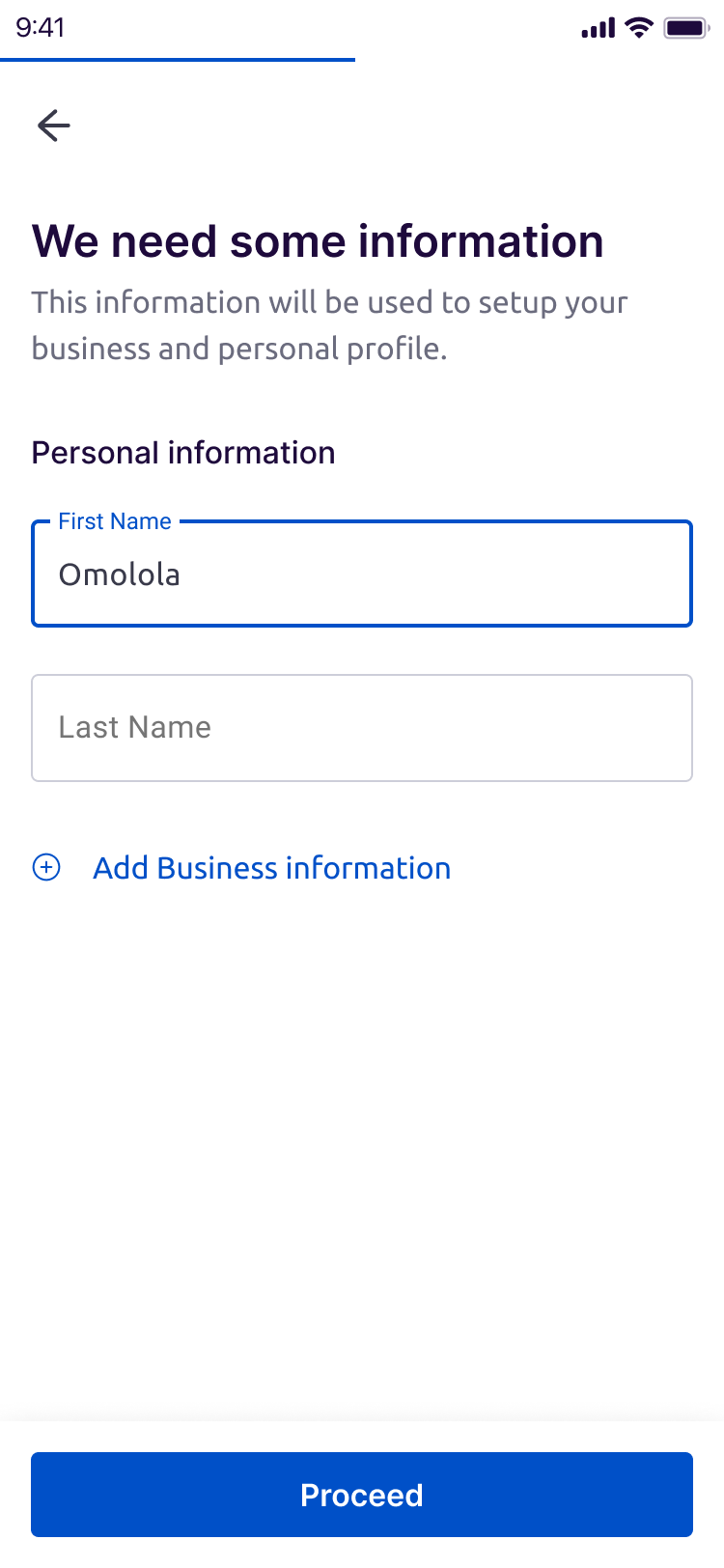
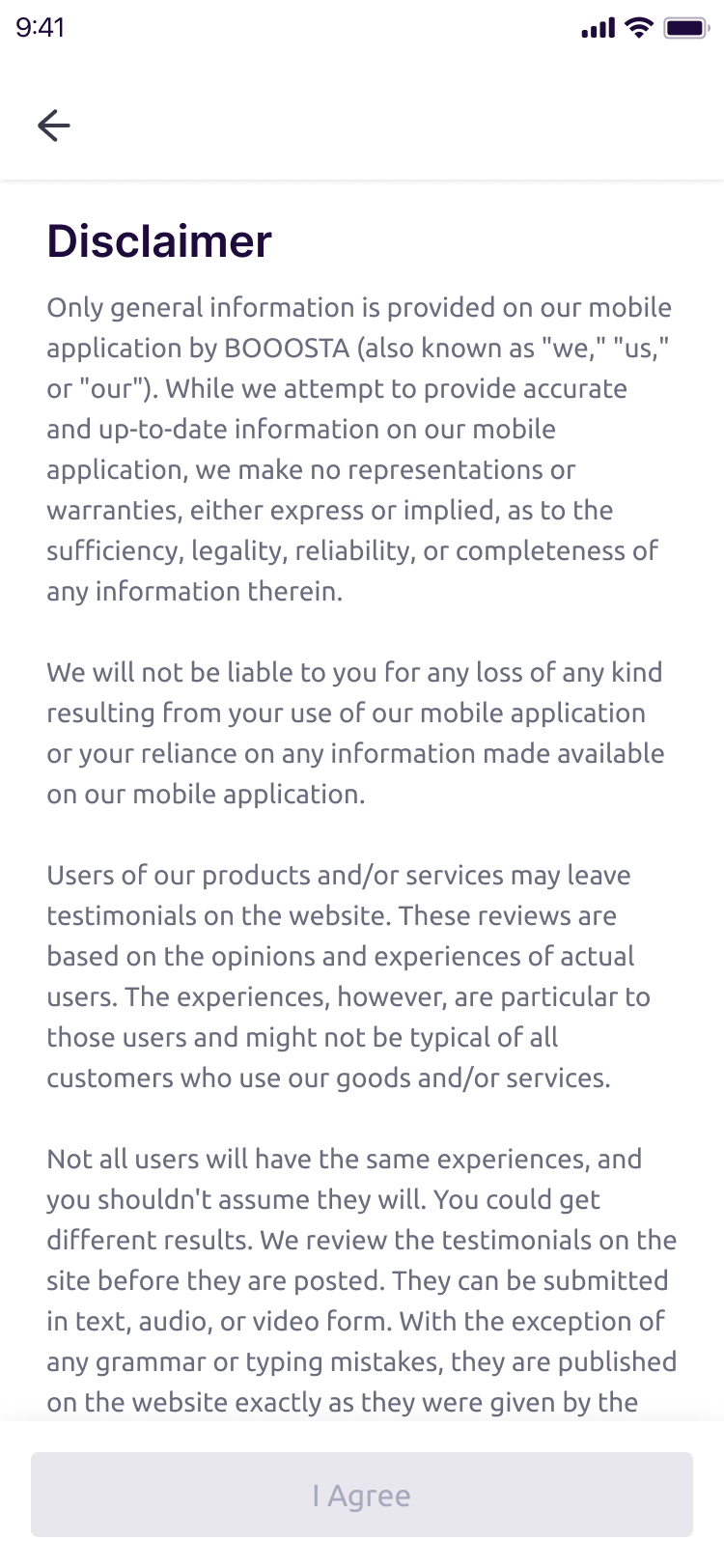
Inventory
Users can now see low-stock products from the inventory list and take immediate action, resolving restocking issues. To prevent duplicates, a feature shows matching products when adding new items, allowing updates instead. Key actions can also be performed directly from the product details page.
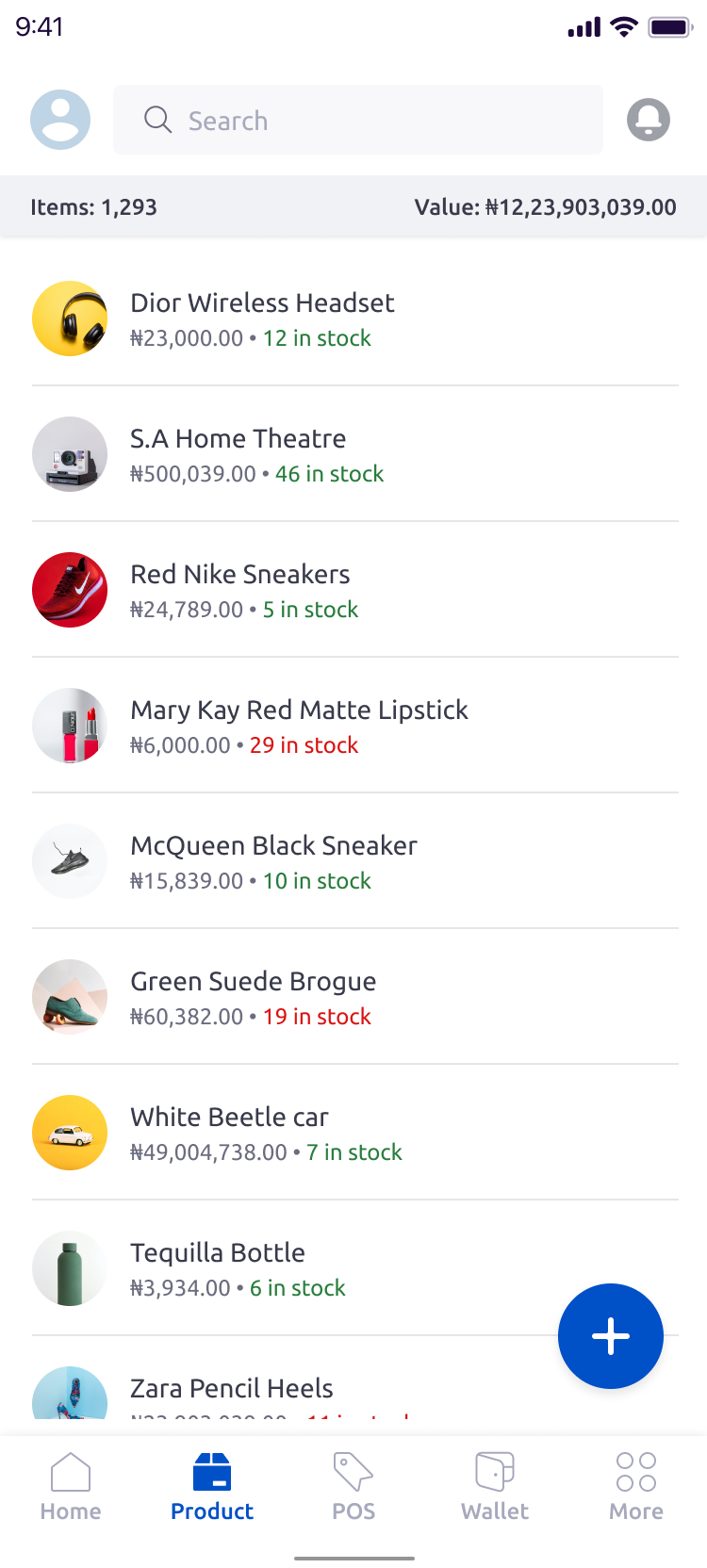
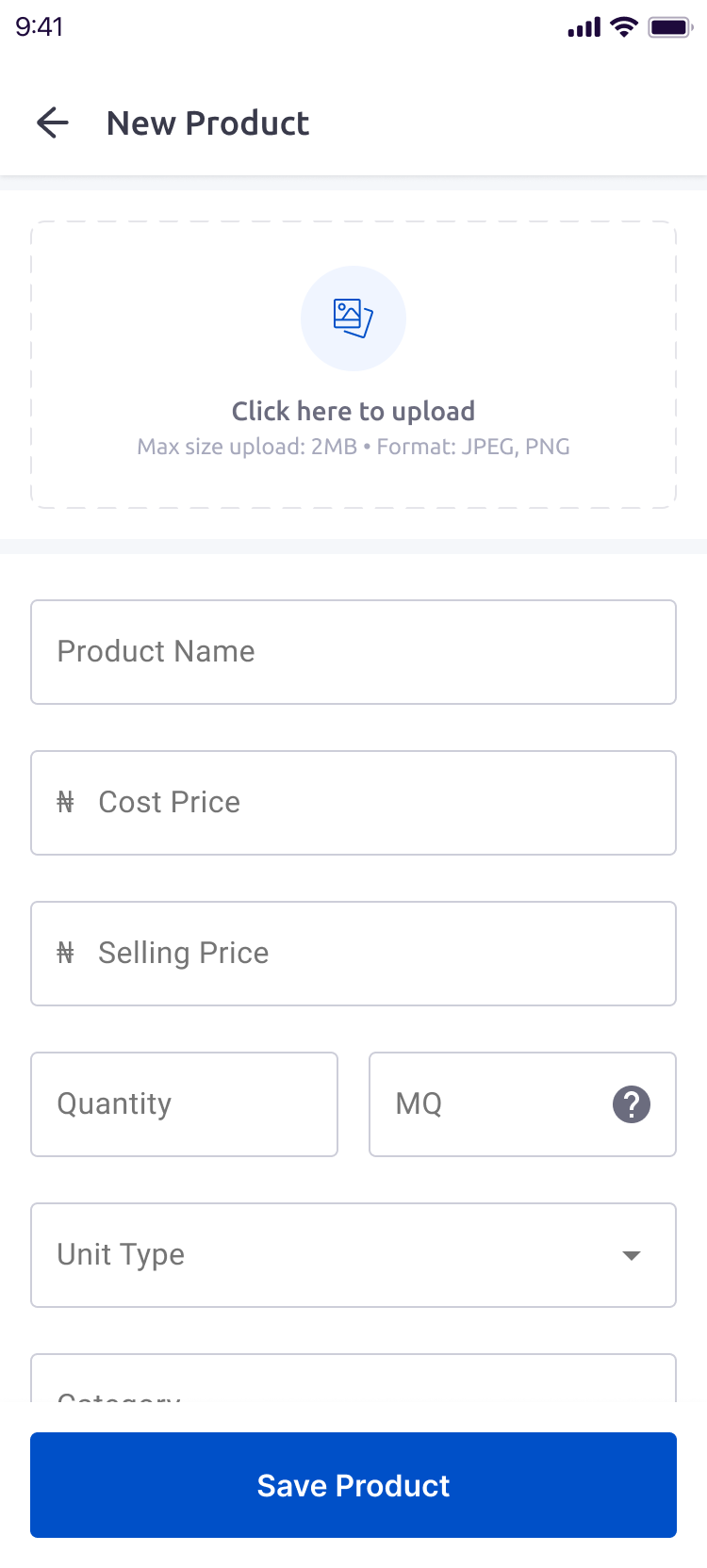
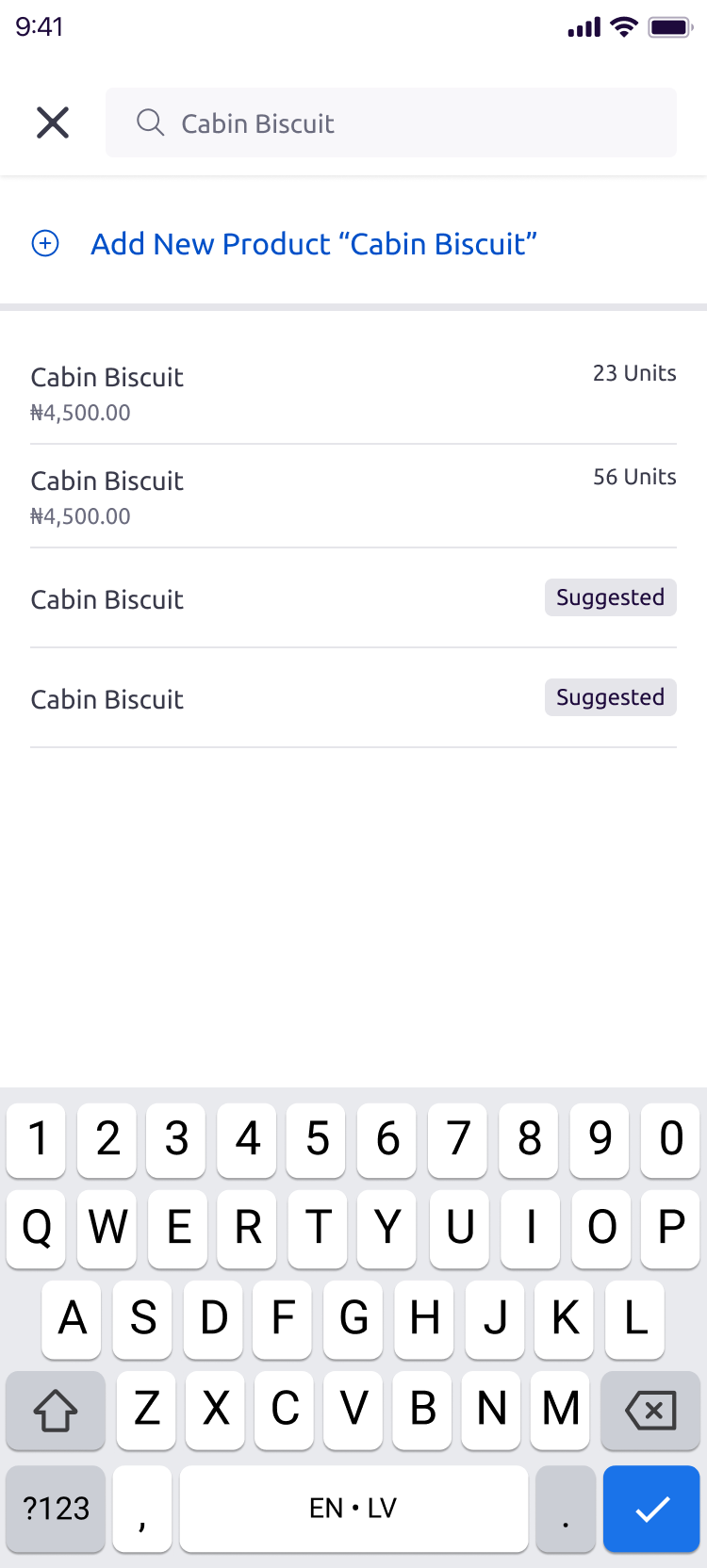
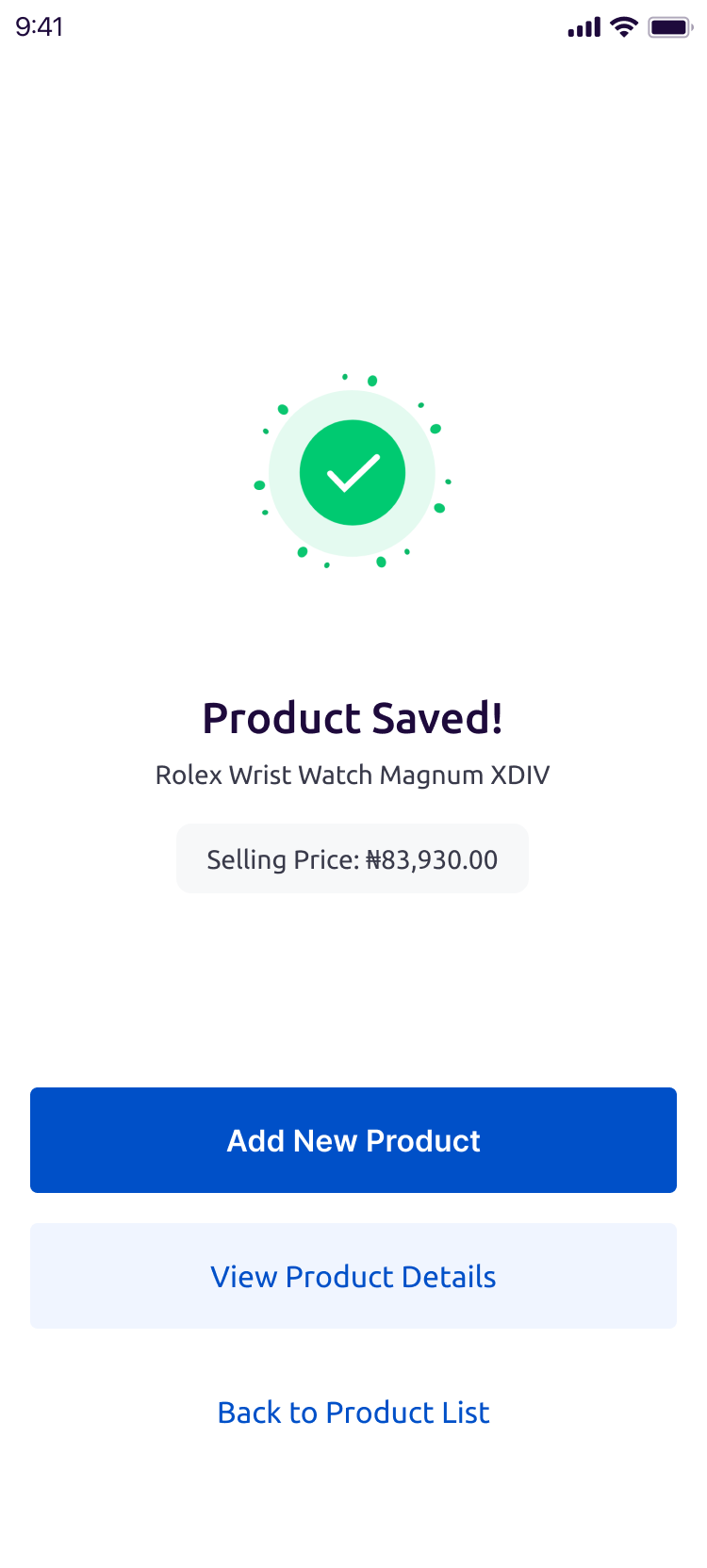
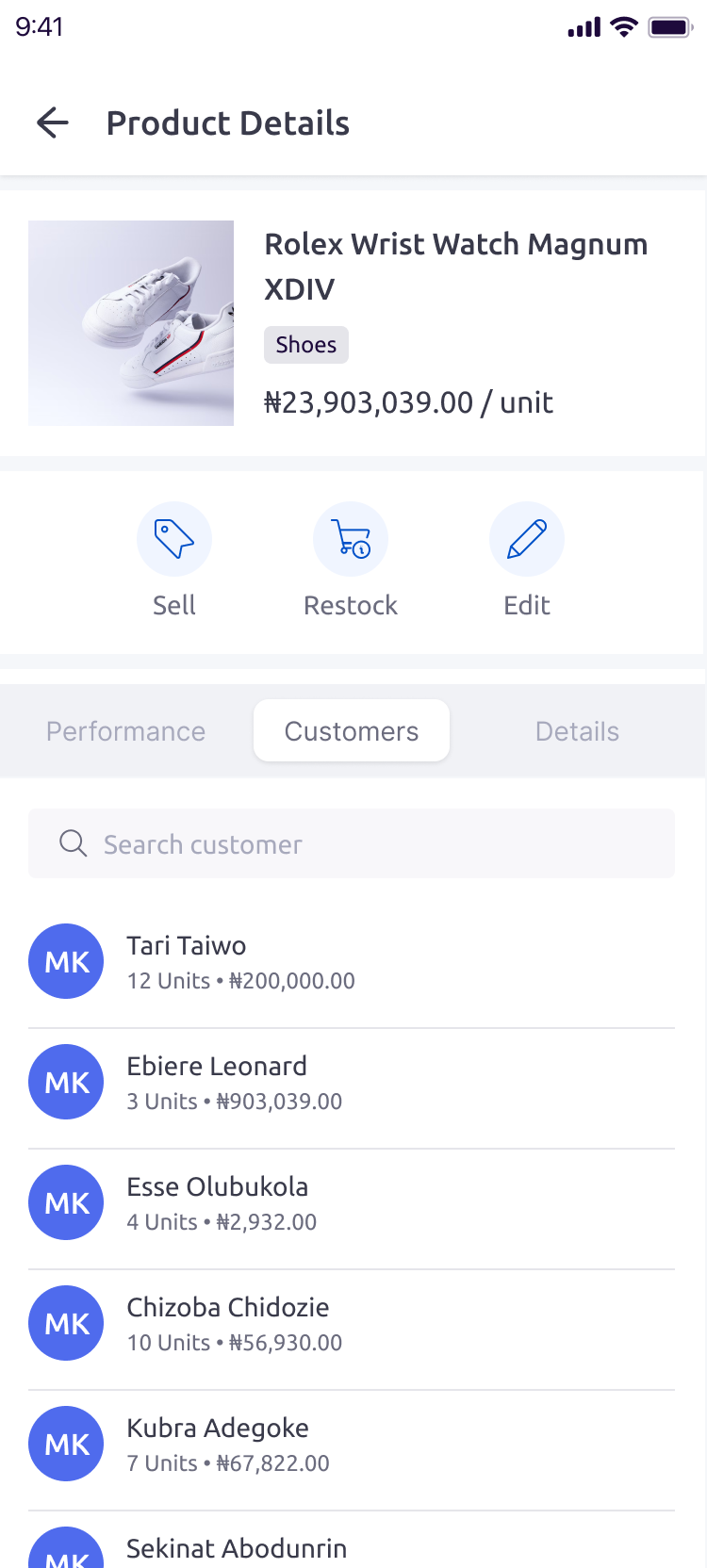
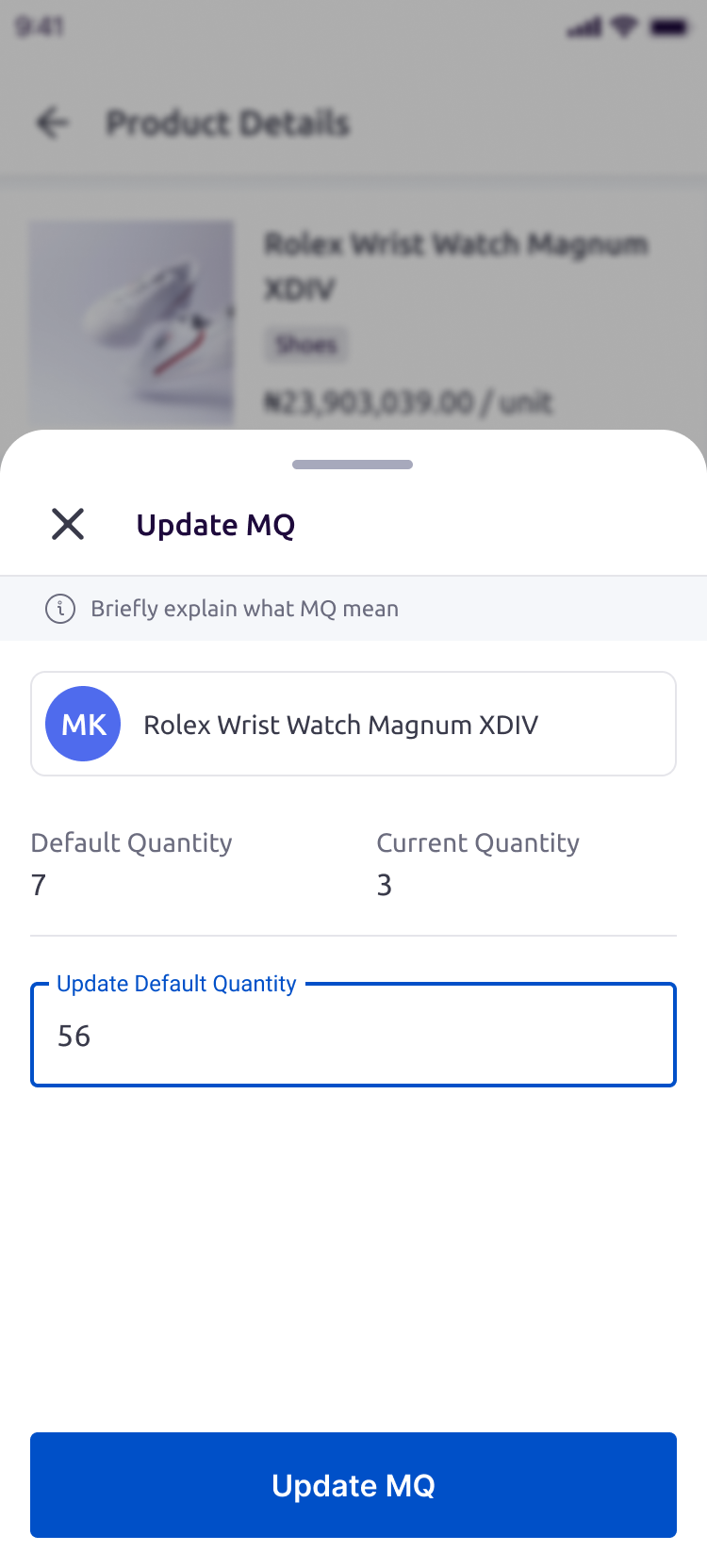
Sales & Debt Recovery
We realized sellers often struggle to track partial payments, view sales data, and maintain customer records. The Sales page addresses all these issues, and the data and features are also accessible through other modules.
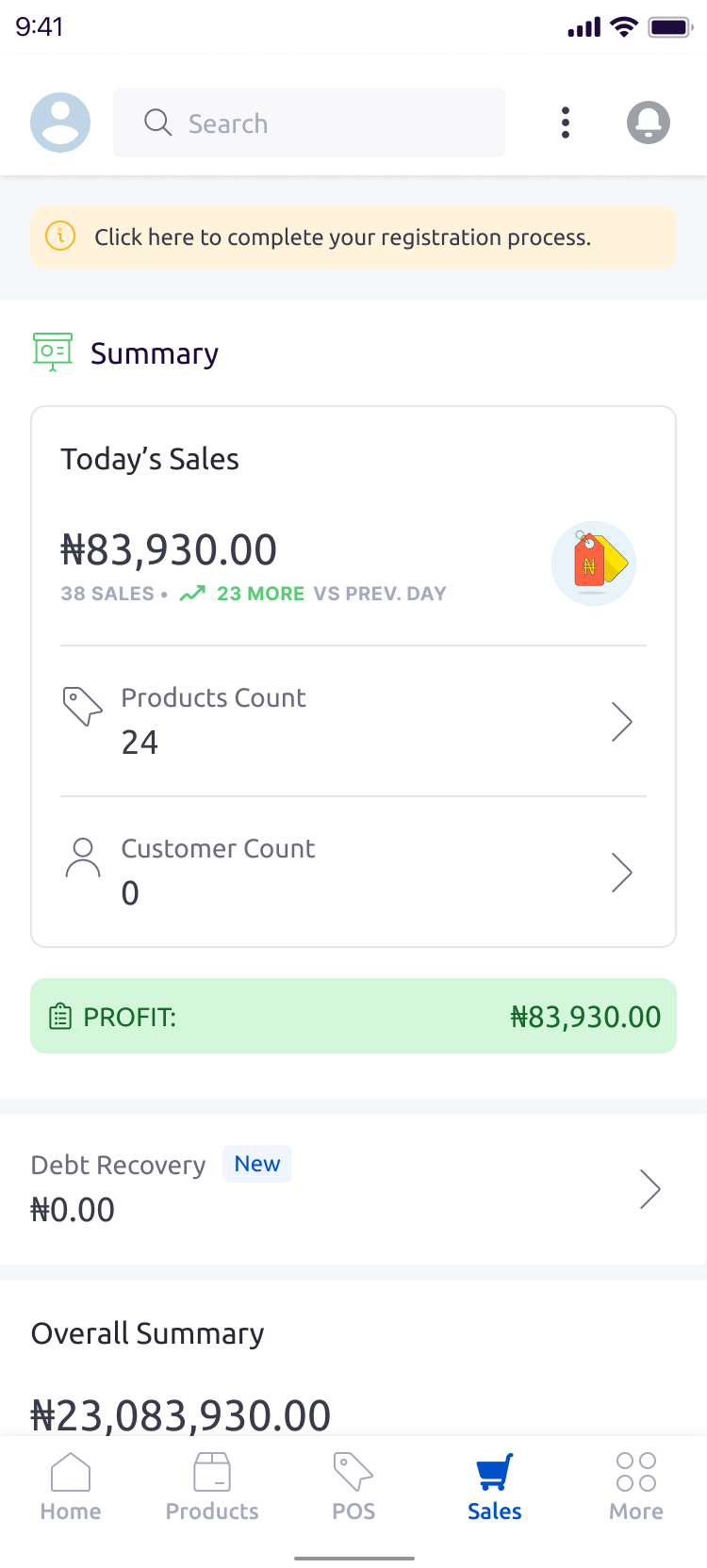
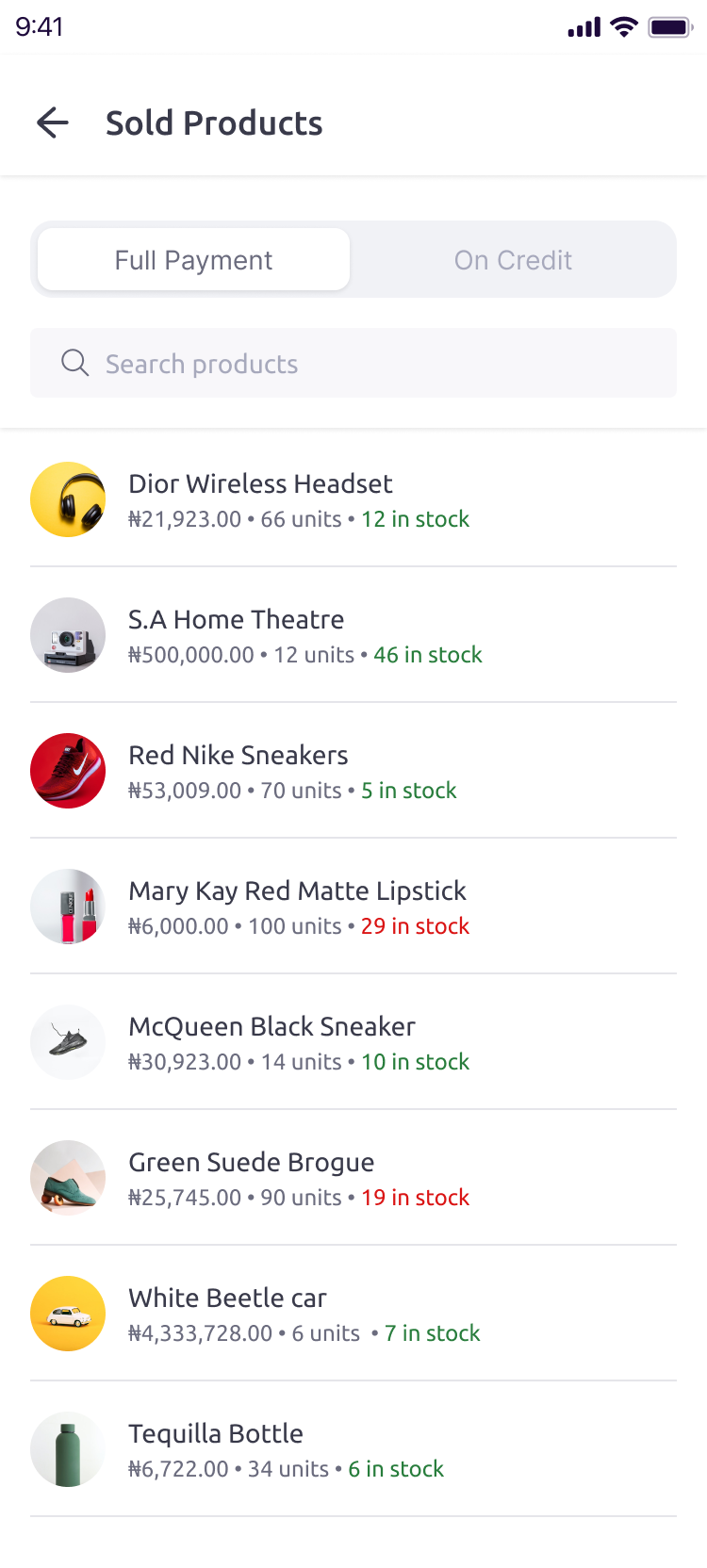
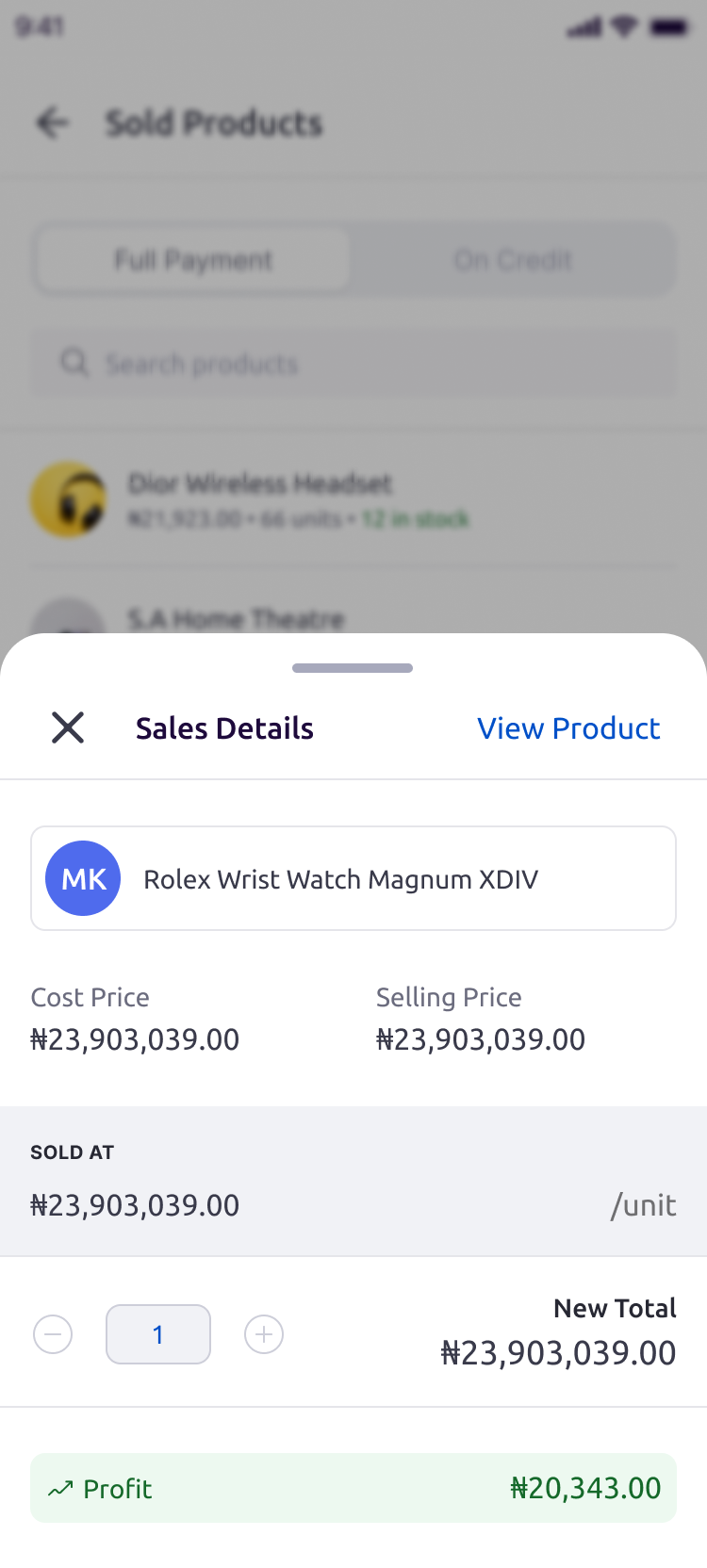
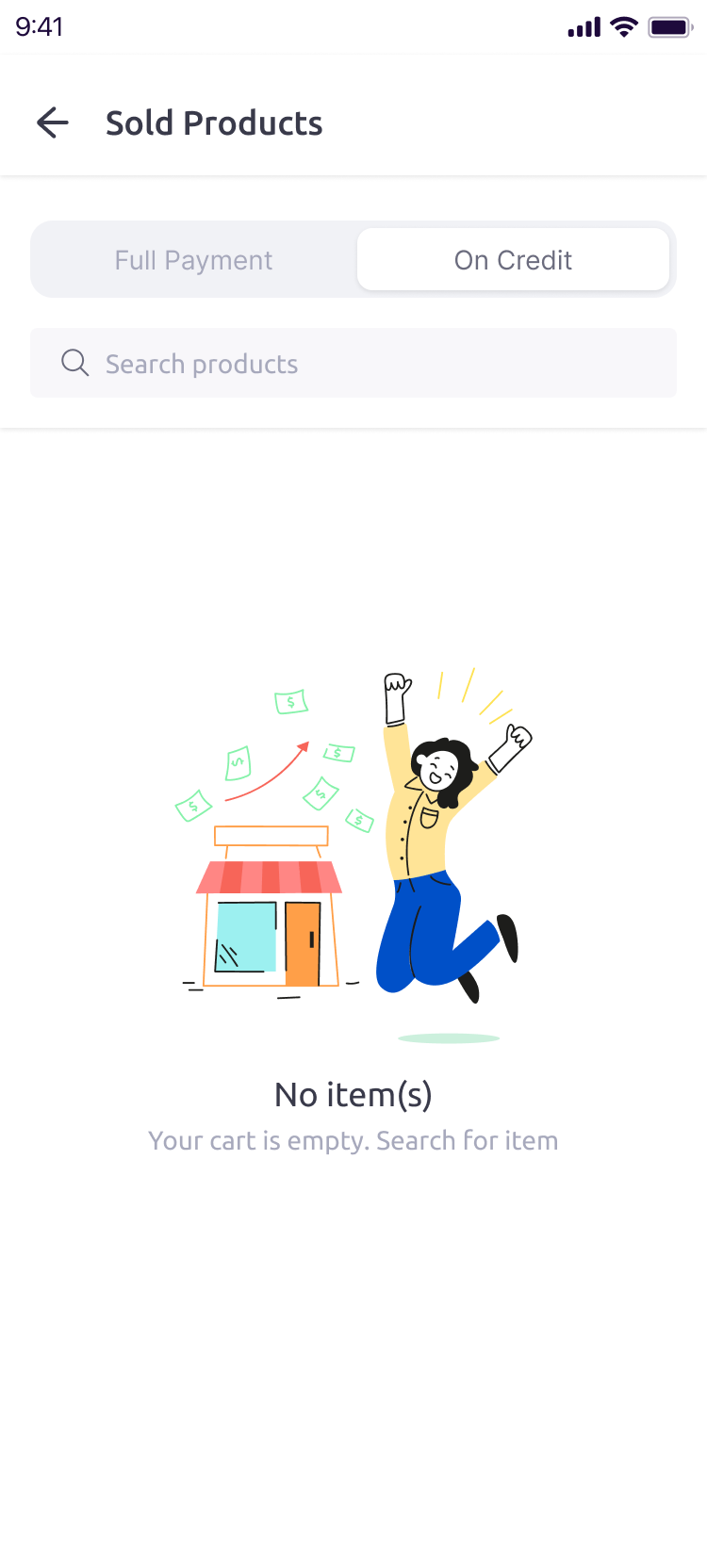
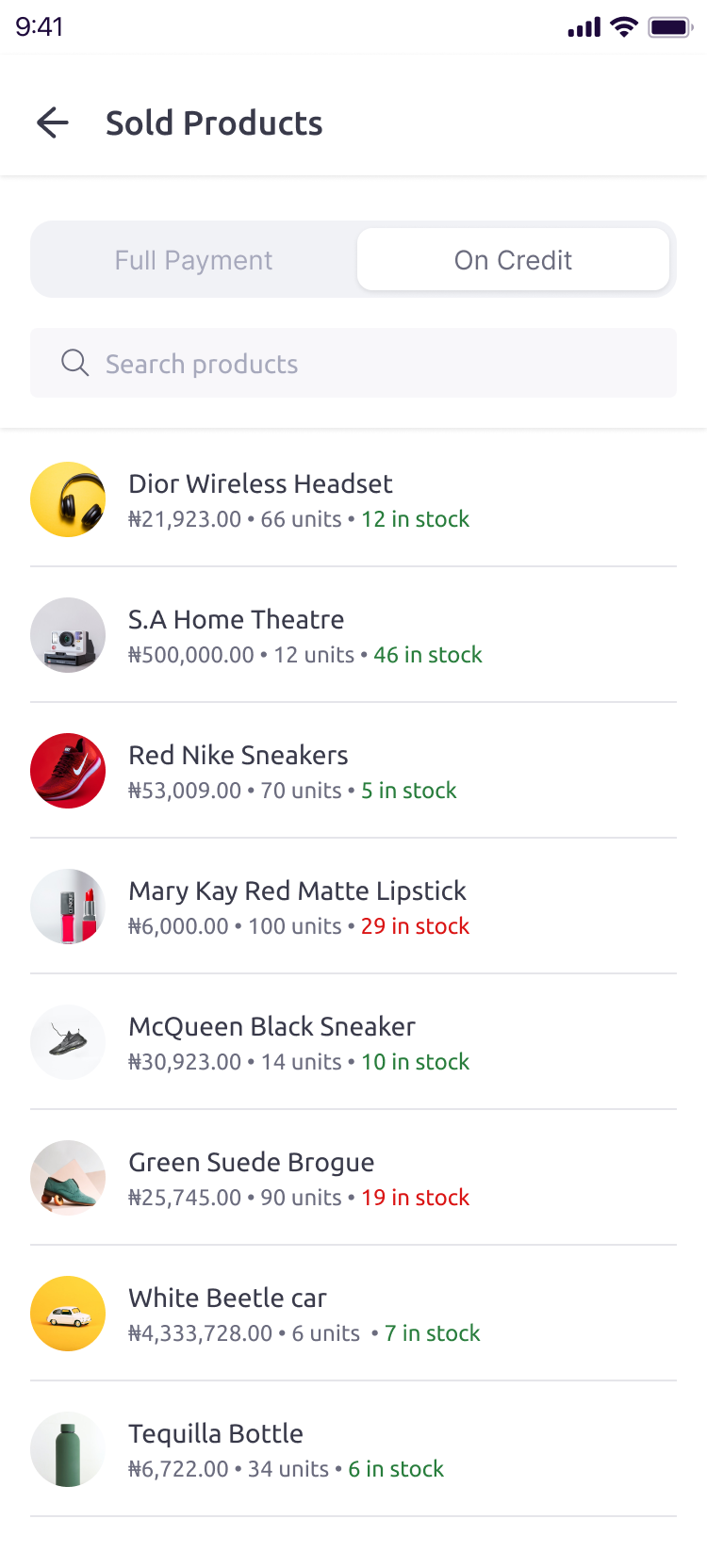
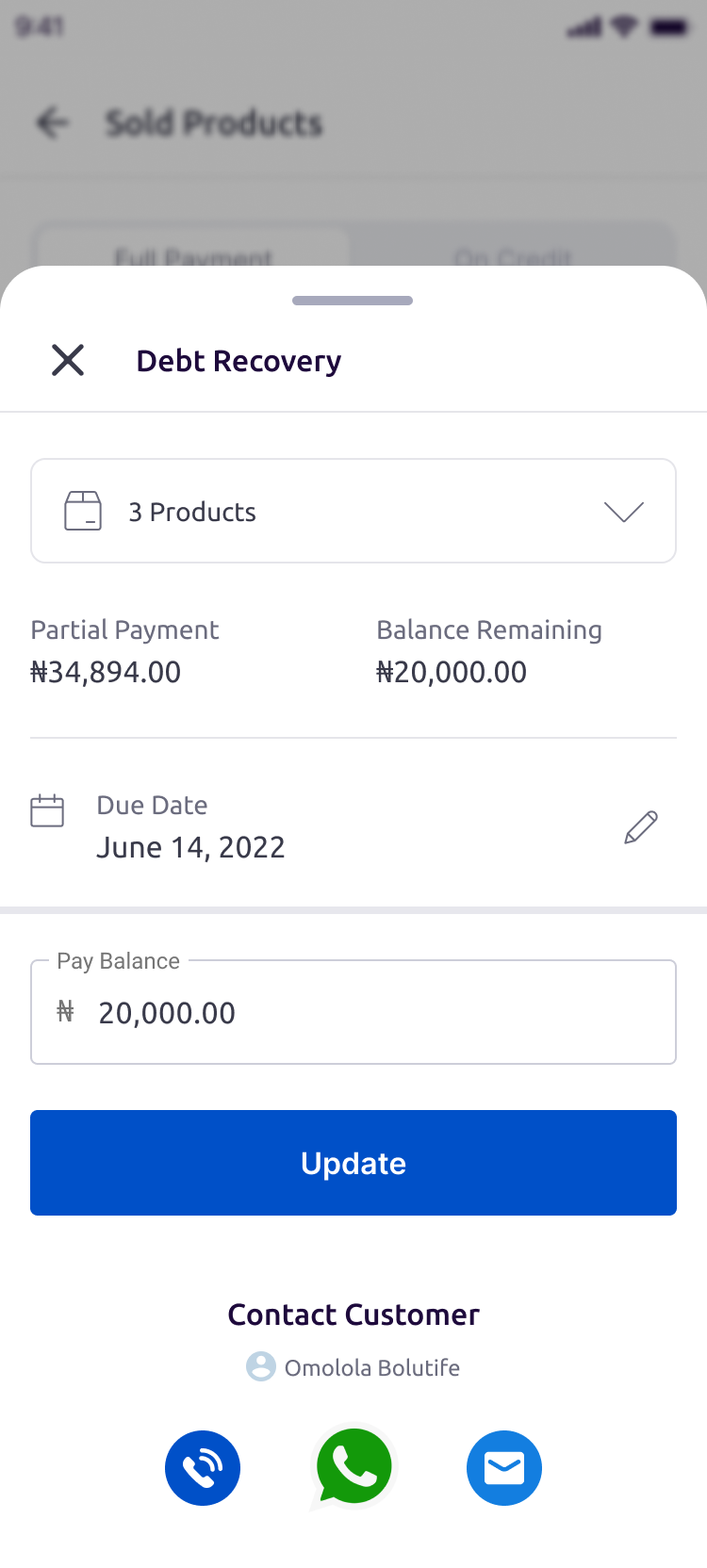
Results and Impact
Key Performance Indicators (KPIs):
The results were nothing short of transformative:
The RMS is expected to play a crucial role in boosting the retail sector's GDP contribution, supporting the growth and scalability of MSMEs, and enhancing the overall efficiency of the retail value chain in Nigeria.
Next Steps
Future plans
The journey doesn't end here. I will: